Life in Squares and Vita & Virginia: New dramas bring the Bloomsbury group to a new generation
It will be intriguing to see how Polak and the BBC deal with the Bloomsbury set
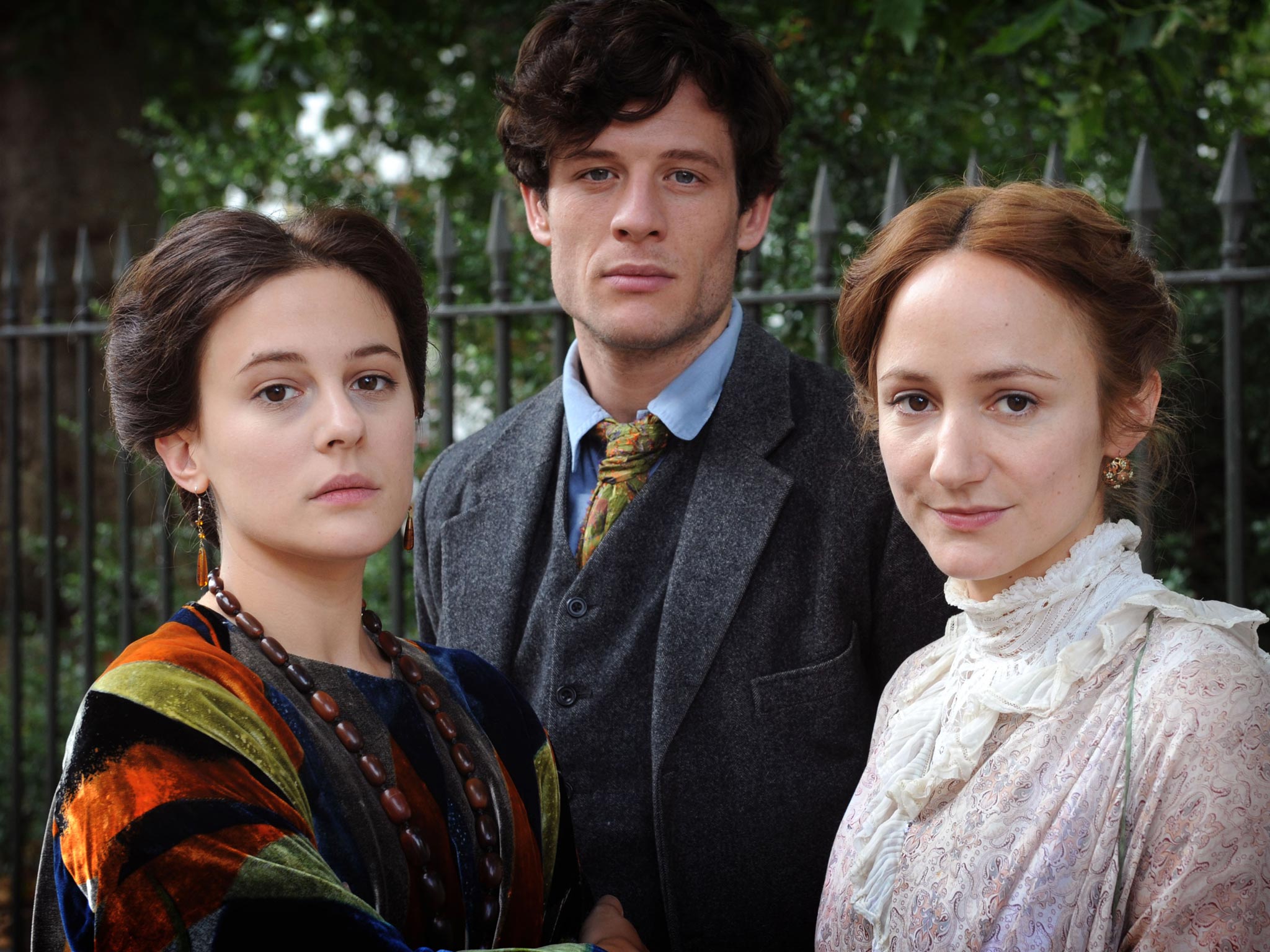
If you want to make films about Virginia Woolf and the “Bloomsbury group,” it helps if you are Dutch or Scandinavian. The Oscar-winning Dutch director Marleen Gorris was behind the 1997 adaptation of Woolf’s novel Mrs Dalloway starring Vanessa Redgrave.
Now, another Dutch director, 32-year-old Sacha Polak, is preparing a new feature, Vita & Virginia, billed as “the true story of the passionate relationship between Virginia Woolf and her only lover, the enigmatic author Vita Sackville-West – a reminder that only genuine connection makes life worth living.”
Meanwhile, the Swedish Simon Kaijser has been directing a new BBC drama, Life in Squares. Scripted by Amanda Coe, the three-part series follows the Bloomsbury group from the death of Queen Victoria to the beginning of the Second World War. Among the many plot strands, it will explore the intimate but often fraught relationship between Woolf (played in her youth by Lydia Leonard and as older woman by Catherine McCormack) and her sister Vanessa Bell (Phoebe Fox/Eve Best).
Vita & Virginia, based on an original screenplay by Dame Eileen Atkins, will mark Polak’s English-language debut. Her previous films include Hemel (2011), a character study of a promiscuous, insecure young woman who has a suffocating relationship with her father, and New Boobs (2012), a documentary Polak made reflecting on the fact she carries the BRCA1 gene, responsible for the hereditary breast cancer that killed her mother at the age of 29.
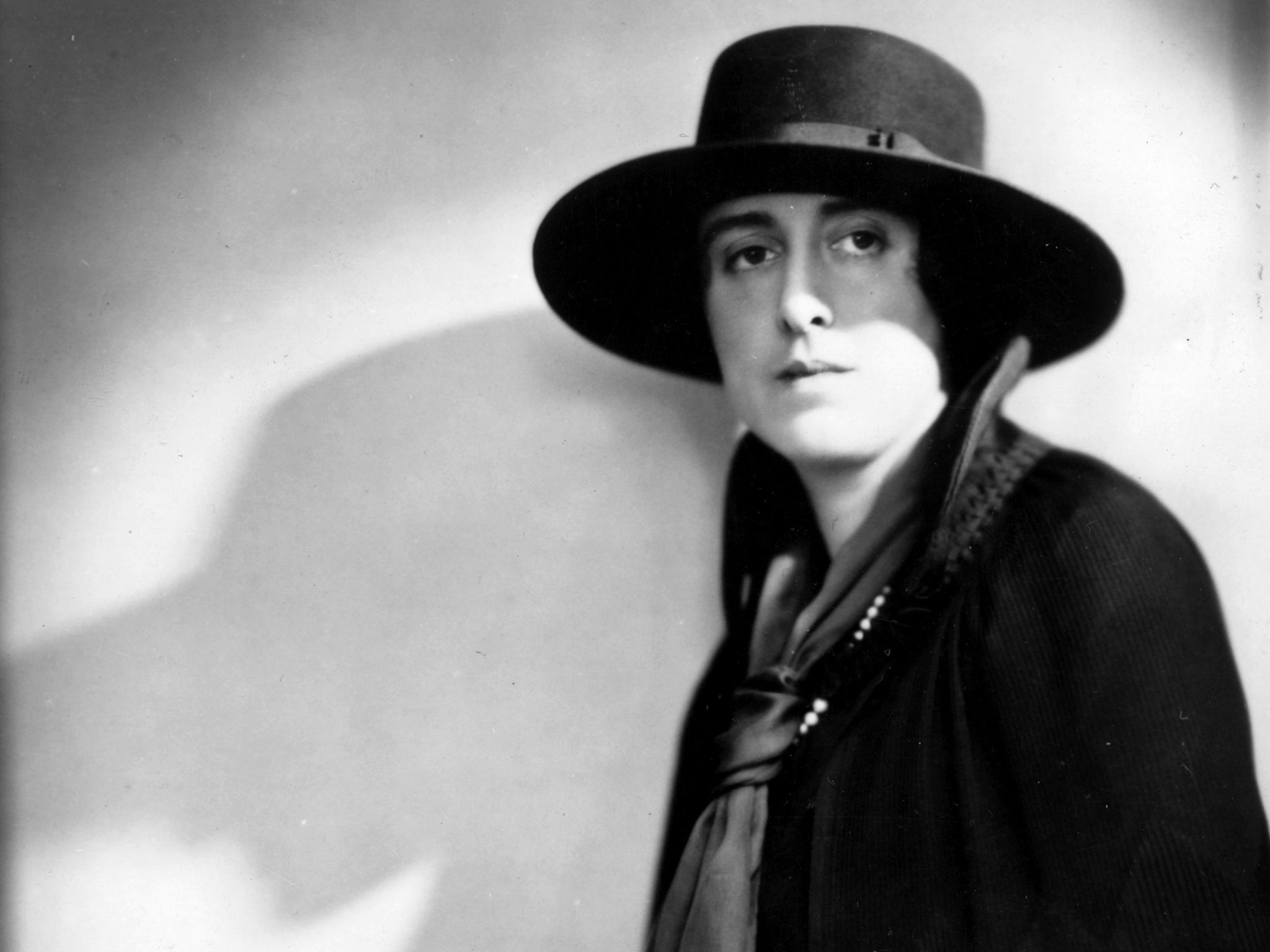
Polak, like Gorris before her, is hoping that, as an outsider, she will be able to make a film that transcends the usual clichés of “Bloomsbury” movies.“She [Woolf ] is well known in the Netherlands but only as a name,” Polak says. She didn’t appreciate the make-up and prosthetic nose that Nicole Kidman’s wore for her Oscar-winning performance as Woolf in The Hours: “It feels like when you do Botox. I looked at her and thought, ‘there is something wrong with you’.”
Kidman’s Woolf, Polak continues, was “very gloomy”. Her film, by contrast, aims to show “another Virginia Woolf, the funny one, one that was really lively”. Woolf was a manic depressive who committed suicide in 1941 by filling her pockets with stones and walking into the river beside her house. Even so, Polak chafes at characterisations of the novelist as a neurotic and tragic figure.
“I always like it when a great artist gets new life. I really hope we can make this film and show it to a new audience who will be fascinated by her and by the way they lived,” Polak says. She is promising “a rough, honest film”. “I think it is good for this project that I am an outsider and can look on it with a fresh view. I have the feeling that in England, everybody has a strong opinion about Virginia Woolf. Either they love her or they say the best thing she ever did was commit suicide.”
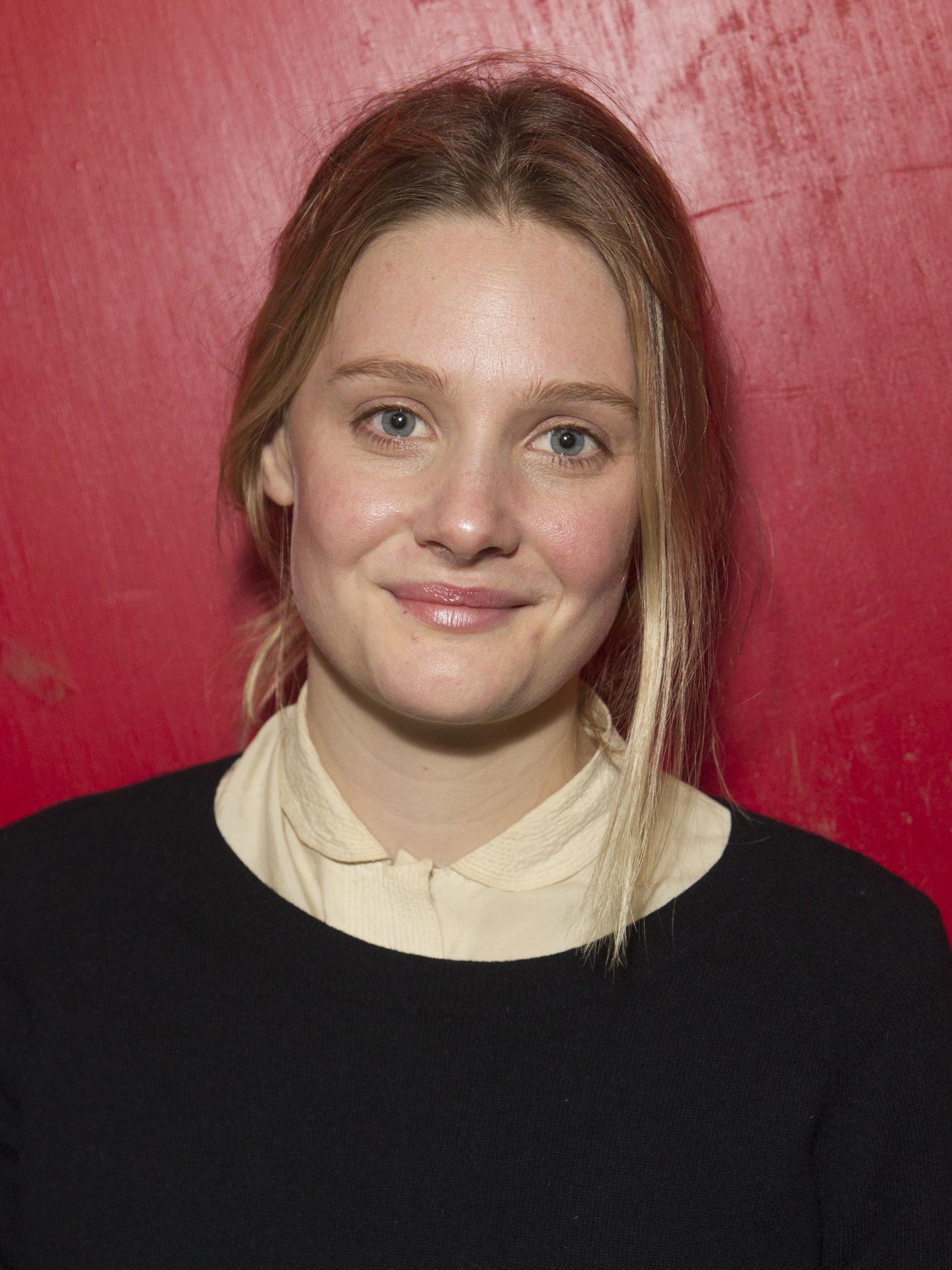
In the course of her research, Polak was a little startled by just how much has been written by and about the Bloomsbury group. There are so many diaries, memoirs, biographies and critical studies of Woolf, Duncan Grant, John Maynard Keynes, Clive Bell, EM Forster, Lytton Strachey and the hostess Ottoline Morrell that, she jokes, you would need an extra life to read it all.
One of the mysteries about the Bloomsbury group is precisely why there are so many books about its activities and key personalities but so few films. Among the best, and most neglected, of the movies is Christopher Hampton’s Carrington (1995), based on Michael Holroyd’s biography of Strachey, which won Jonathan Pryce the best actor award in Cannes for his performance as the mischievous and wildly eccentric author of Eminent Victorians.
Pryce caught wonderfully well his character’s extreme oddness – his long, elastic body, bushy beard, round spectacles and Malcolm Muggeridge-like voice – and his winning mix of humour, tenderness and intellectual bravery. The film was an unlikely love story. Dora Carrington (Emma Thompson) is the young artist who first tries to cut off Strachey’s beard and then becomes besotted by him. He loves her too. The fact that he is gay doesn’t get in the way of their relationship at all.
Other dramas based around Bloomsbury have been markedly less successful. The group members may have been radical in their aesthetics, politics and even their approaches to gardening, as well as famously adventurous in their love lives, but on screen, they often risk seeming merely priggish. In dramas set around Fitzroy Square or in Garsington Manor and Sissinghurst Castle, we cannot help but be aware that these people inhabit the upper echelons of the British class system.
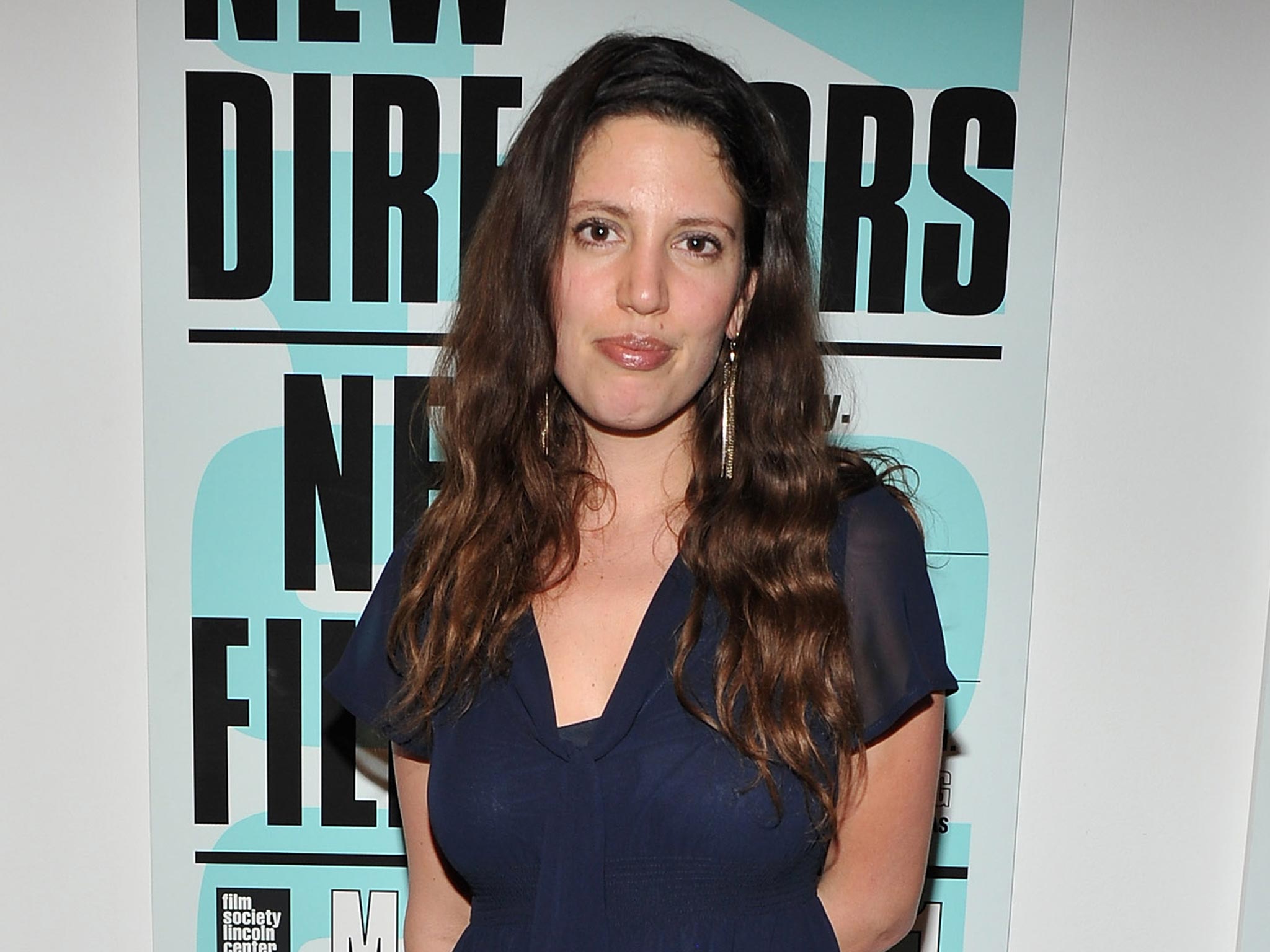
When Portrait of a Marriage (1990), the BBC mini-series about Vita Sackville-West’s 48-year marriage to Harold Nicolson, was broadcast, it offered both the reassuring pleasures of traditional country-house drama and a whiff of controversy because of its frank depiction of Sackville-West’s lesbian affair with Violet Keppel. The series played like a slightly more raunchy version of a Merchant Ivory movie. Nigel Nicolson, the son of Harold Nicolson and Sackville-West, and author of the book on which the series was based, thought the sex scenes were thoroughly over-egged.
“No son likes seeing his mother stark naked in bed with another woman. It was highly offensive to me and, to a lesser degree, to other people,” Nicolson told The New York Times. To his relief, the sex scenes were toned down by the time the drama appeared on US television.
It will be intriguing to see how Polak and the BBC deal with the Bloomsbury folk in the new dramas. It’s a fair bet, though, that sex will play a major part in both. Polak is yet to cast her Woolf but has recruited Romola Garai to play Sackville-West.
“She has such a great face. She is so interesting and sexy. She will be the perfect Vita,” Polak says of her choice to play the author and gardener who is invariably seen wearing very big hats.
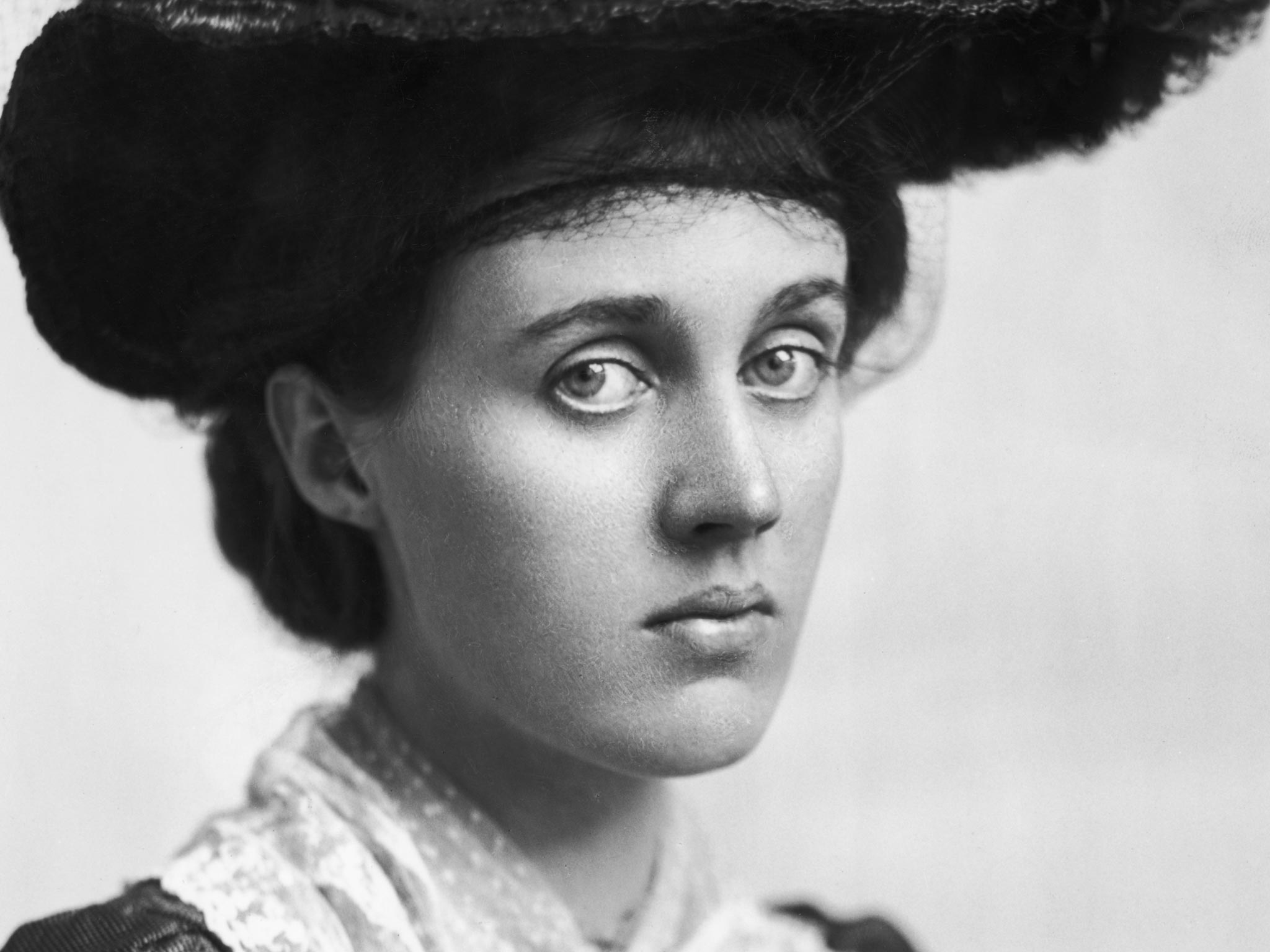
“Vita & Virginia is an amazing love story,” the director recently commented. “This story makes for a perfect drama about sexual awakening.”
Polak is known for making films about strong female protagonists. She describes Vita & Virginia as “the perfect film for younger audiences to get to know these two exceptional women”. The team behind Life in Squares is also promising a Bloomsbury drama that will be relevant to a young, contemporary audience.
“Life in Squares gets under the skin of the Bloomsbury group to lay bare the very human and emotional story of a group of people determined to find their own path in life. Locked in a perpetual struggle to reconcile their heads with their hearts, they loved and worked with great passion and forged lives that still resonate today,” executive producer Lucy Bedford said when the series was first announced.
In remarks that made the series sound a little like an upmarket version of EastEnders, she also added: “At heart, Life in Squares is about family – about the families we try to escape, the ones we end up creating and the different kinds of damage love can do.”
The challenge for both sets of film-makers is the same, namely how to customise Bloomsbury for a new generation of viewers who simply aren’t interested in seeing yet more hidebound costume drama but want stories that speak to them.
Sacha Polak’s ‘Vita & Virginia’; is expected to shoot later this year; the BBC drama ‘Life in Squares’ will be broadcast later in the year
Join our commenting forum
Join thought-provoking conversations, follow other Independent readers and see their replies
0Comments